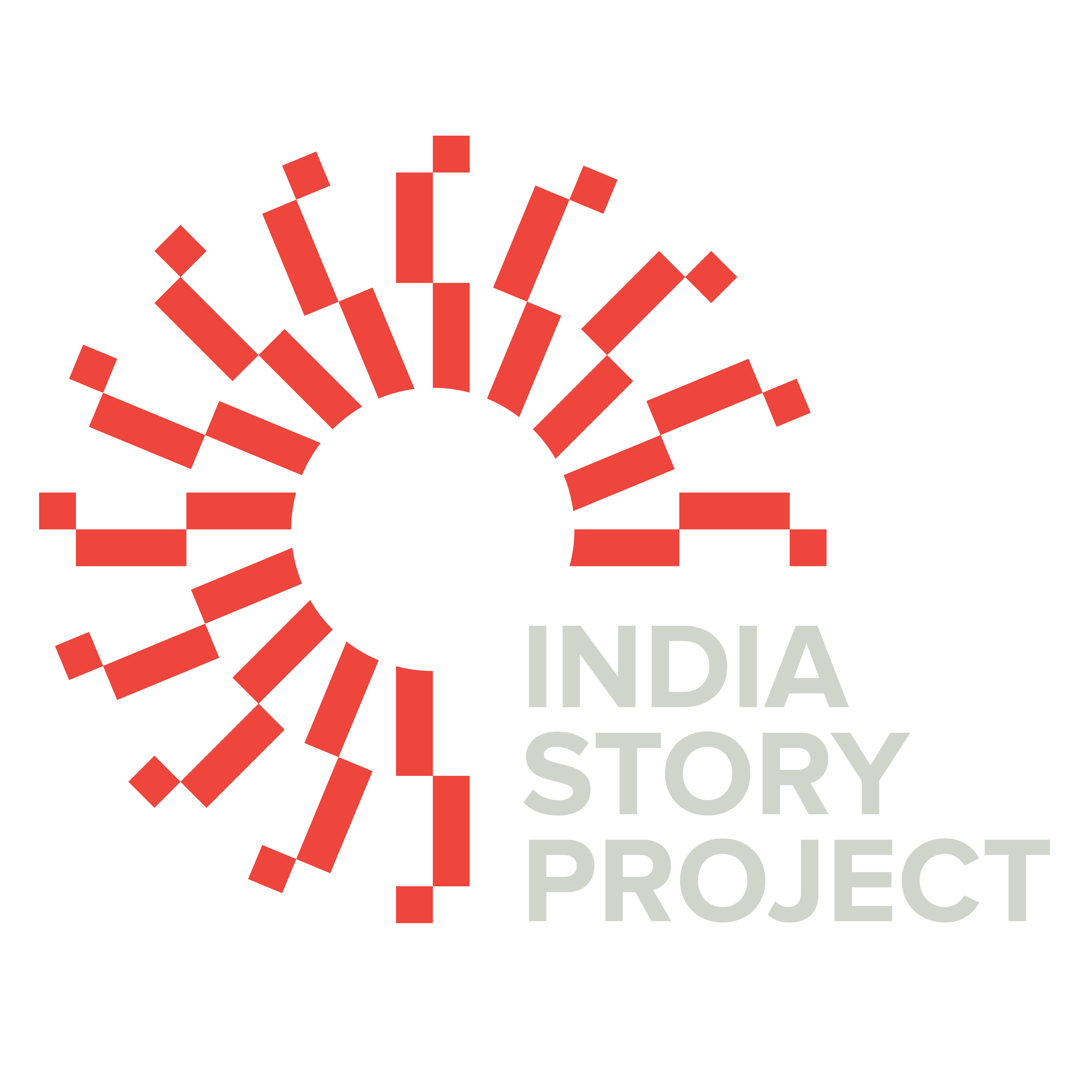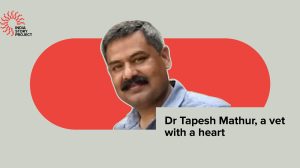ISP Ladakh Bureau: A voice in favour of progressive and innovative farming is echoing from the hills of Ladakh. Urgyan Phuntsog, a young farmer from the Union Territory is now the role model for the nation to cultivate in difficult terrains and to help make the village self-sufficient for food in harsh climatic conditions. Prime Minister Narendra Modi made a special mention of Urgyan in his address to the nation through radio.
Ladakh which experiences very cold climatic conditions is unlikely a place to grow fresh farm vegetables. But for Urghyan and his family, plucking broccoli, cauliflower, onion, cabbage, fennel seeds, garlic, turnip, cucumber, lettuce etc from their kitchen farm is an everyday affair. Thanks to little innovation and a lot of hard work by Urghyan.

After schooling, he was selected in the Indo-Tibetan Border Police but due to his mother’s illness he resigned soon and decided to stay back in his village in Ladakh. That is when he thought of doing the impossible. He worked alongside the local government agricultural centre and developed farm tools and breeds for different vegetables.
“There was no proper food, clothes or shelter and life was very challenging. Farming was a really tough job here because of the lack of technology. It took months to complete harvesting and ploughing of our land due to cold. Today, with community efforts and some innovations the situation has changed, with the help of modern machine tools innovated for our terrain it is much easier. Yields have improved and the variety of vegetables cultivated also increased. We cultivate around 32 types of vegetables in Ladakh today,” says Urghyan to ISP correspondent.

Apart from farming, Urghyan and his family have also developed an animal farm with16 cows, 435 goats and sheep and 8 horses. Pashmina works are giving the families good profits in the village. Last season itself, Urghyan and his family made vermicompost and sold around 300kg of worms to the agriculture department to earn good money. He has now become an icon of organic farming for national and international students coming to get trained with him.
“I have trained around 400 youth, which includes youth from Ladakh, Japan and other parts of India. Compost is quite necessary for organic farming and it is good for sustainable farming. Therefore, for sustainable farming, domestication is a must. The manure of goat and cow is considered best for farming as it absorbs water in it,” says Urghyan.
Along with ushering in prosperity with sustainable farming, this farmer and his family are also engaged in preserving the intellectual heritage of the region. He has developed a small museum in the village to display the traditional lifestyle of Ladakh. Almost all the traditional works are done and taught here to visitors like handicrafts, using ancient farming methods and tools etc.
“I feel proud as a farmer because my village doesn’t have to depend on others for food. I think like doctors and engineers there should be a degree for farmers. We can do PhD in farming. In short, I mean to say that we should see farming as a profession,” says Urghyan, who is often on lecture tours to universities.





Add Comment